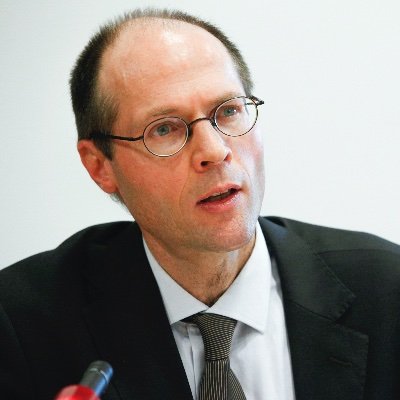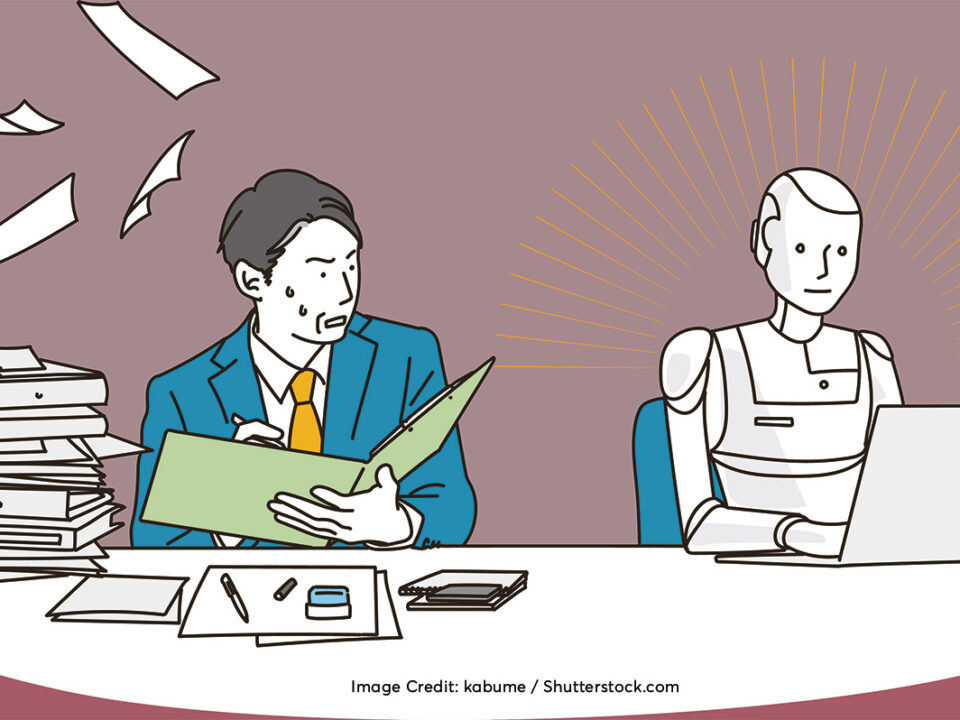The link between being employed and escaping poverty is not as straightforward as one would hope. Low wages are keeping one in five workers trapped in poverty across the globe. In Africa, nearly 55 per cent of workers live in poverty, 6.3 million people are classified as ‘working poor’ in the United States, and 8.5 per cent of workers are considered ‘at risk of poverty’ in the European Union. In other words, having a job is not the route out of poverty it once was.
A global cost-of-living crisis has aggravated the situation further. While annual inflation reached its highest-ever level in the EU in 2022, more than tripling to 9.2 per cent, wages lagged far behind, increasing by just 4.4 per cent. A similar picture has emerged across other world regions, stretching workers’ poverty wages beyond the breaking point. Globally, wages fell in real terms by 0.9 per cent in the first half of 2022: the first negative global wage growth this century. The world’s workers are facing a purchasing power crisis of unprecedented proportions.
Minimum wages, minimum impact
Minimum wages – the legal minimum a worker can be paid – are in place in more than 90 per cent of the International Labour Organisation’s (ILO) 187 member countries. An encouraging statistic, but behind lurk a number of major challenges.
In the United States, to take just one example, the federal minimum wage is $7.25 per hour. This was last updated in 2009 and is not automatically adjusted for inflation. As a result, the US offers some of the lowest wages in the industrialised world, and workers with a high school diploma actually made 2.7 per cent less in 2017 than they would have in 1979 when adjusted for inflation.
But the US is not an exception. Worryingly, failing to update the minimum wage is common practice. And even when minimum wages are increased, they are often still insufficient to keep up with the soaring cost of living. A recent ILO assessment covering 10 countries showed that, while most increased the cash minimum wage between 2015 and 2022, in eight of them, inflation meant that the real minimum wage was worth less by 2022 than it had been in 2015.
Even when minimum wages are in place, and even when they are regularly updated, countless workers miss out either due to poor enforcement by labour inspectorates or de facto exclusion from minimum wage regulations, such as is the case for informal workers, domestic workers, agricultural workers, home-based workers and undocumented migrant workers, amongst others.
A true ‘living wage’
The answer can seem frustratingly simple. For work to lift people out of poverty, all workers – no matter their status – must be paid enough to cover their basic needs. This is the thinking behind the idea of a ‘living wage’ — one that is adjusted in line with the cost of living to guarantee all workers a decent life for themselves and their families, meaning being able to meet the costs of necessities such as food, housing and sanitation (as stipulated under international human rights law).
While this approach has gained wide acceptance, it has a major weakness: it is based on an absolute rather than a relative understanding of poverty. Yet, even workers who can afford to eat and have a roof over their heads will remain in poverty if they experience the shame and stigma that comes from failing to meet certain social expectations.
The world is changing quickly, and in all but the poorest countries today, you are considered poor when you cannot afford a mobile phone; when you have no access to the internet; when you cannot organise a decent funeral for your parents or a wedding for your children. None of these things are necessarily covered by a living wage, but without them, people in poverty continue to face relentless discrimination and social exclusion – a phenomenon known as ‘povertyism’ – that keep them trapped in poverty.
I urge United Nations’ governments to set the minimum wage at a level that allows the worker and their family to achieve a decent standard of living or corresponds to at least 60 per cent of the median wage in the country — whichever is highest.
A proper wage legislation also needs to protect all workers, regardless of whether they are employed on a full-time, part-time or informal basis, or whether they work at home, in the private home of their employer or through an online platform. This is not only achievable but would profoundly reset the relationship between employment and poverty reduction. Having a paid job should, and can, guarantee an escape from poverty.
Source: International Politics and Society – IPS Journal https://www.ips-journal.eu/topics/future-of-social-democracy/what-a-living-wage-really-means-in-todays-cost-of-living-crisis-7059/
-
 Olivier De Schutter
Olivier De Schutter
United Nations Special Rapporteur on extreme poverty and human rights. Professor of Law at UCLouvain (Leuven, Belgium) and SciencesPo (Paris, France).




